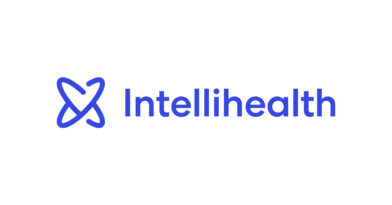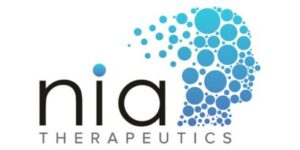
Another INVEST Precision Medicine conference has come and gone. At the centerpiece of the dicussions was the startup pitch contest, Pitch Perfect. Ten companies presented an overview of their businesses in a health IT and a life science track. Two winners emerged. Here’s a look at who won and why.
The winner of Health IT track is: Intellihealth

Intellihealth is a medical technology company transforming the perception and treatment of obesity. Built on 30 years of clinical experience, our data-driven technology allows us to tackle the obesity epidemic at scale by equipping any medical provider with a comprehensive, turnkey solution for treating patients with obesity either remotely or in-person. Our software integrates with EHRs to improve outcomes and drive cost savings by personalizing and optimizing the diagnosis, prescriptive process, and comprehensive therapy plan to treat obesity as a disease. Providers benefit from new revenue through more effective patient interactions and optimized billing, while payers and self-insured organizations achieve significant health-related cost savings through a healthier workforce.
Presenter: Katherine Saunders, MD, co-founder and Senior Medical Officer
Headquarters: San Francisco, CA
The judges for the Health IT track included:
- Andrea Jackson, Director, Northpond Ventures
- Alyssa Jaffee, Partner, 7wireVentures
- Taha Jangda, Partner, HealthX Ventures
Jackson shared why the judges selected Intellihealth, in an emailed statement.
“Intellihealth stood out when Dr. Saunders immediately addressed the problem her company is working to solve, the patient need, and how the platform will scale,” she said.
The winner of the life sciences track is: Nia Therapeutics

Nia Therapeutics is developing implantable brain stimulation device for the treatment of memory loss. Memory loss affects over 20 million Americans with traumatic brain injury and degenerative disease, resulting in significant decreases in productivity and quality of life. Nia’s proprietary medical device platform utilizes brain sensing and artificial intelligence to develop a personalized therapy for each patient based upon their unique pattern of brain activity. Its technology was developed at the University of Pennsylvania with $24 million in funding from DARPA. Its team has demonstrated proof of concept of its ability to improve human memory in neurosurgical patients. Nia’s first clinical target is memory loss due to traumatic brain injury, a $32 billion whitespace market.
Presenter: Dan Rizutto, PhD, CEO
Headquarters: Philadelphia, Pennsylvania
The judges for the life science track were:
- Yizhen Dong, Partner, Global Founders Capital
- Ben Johnson, Managing Director, Head of Early Stage Life Science, Silicon Valley Bank
- Adam Dakin, Managing Director, Dreamit Ventures
Here’s why the judges chose Nia Therapeutics:
“We reached the decision after lengthy deliberation,” said Dong. “It has been based mostly around the company generating initial hints of clinical efficacy which somewhat de-risks the product and the large market opportunity they are going after.”
In the coming weeks, we’ll publish editorial profiles of each of these companies on our website.
Congratulations, Intellihealth and Nia Therapeutics. Thanks to all of the startups and judges who took part!
Photo: Getty Images






